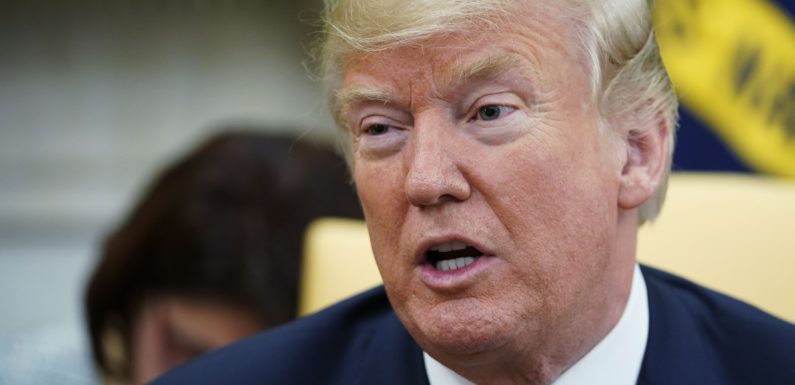
 Trump tariffs on China could make your next phone or laptop cost more
Trump tariffs on China could make your next phone or laptop cost more
President Trump’s tariffs levied on China could mean higher prices for consumers, as well as lower productivity for the economy, experts say.
The next smartphone, tablet or laptop you buy could cost more because of President Trump’s planned tariffs on goods imported from China.
Apple’s iPhones and other smartphones, computers, washing machines and other goods could all have higher price tags.And that, in turn, could lead to lower productivity and U.S. growth, which could also hit consumers’ pocketbooks, experts say.
Chinese tech products and goods with Chinese information technology built-in are expected to be among tariff targets — a strategy aimed to counteract advantages the White House says China gains by requiring U.S. businesses to share technology to gain access to its massive market. The Administration also cites rampant theft of U.S. intellectual property.
Shapiro said. “Increased tariffs and trade wars risk the nearly 2.5 million American jobs associated with trade involving technology products. Such a move threatens U.S. economic growth and wipes out the benefits of our recent tax reform
the president’s willingness to seek guidance from U.S. industry groups is a “welcomed first step,” said Gary Shapiro, president and CEO of the Consumer Technology Association, in a statement.
But consumers are not so insulated. If Apple decides to directly get iPhone buyers to pay for tariffs, the price tag could balloon. “Let’s just say I’m paying $800 for an iPhone and they put a 20% tariff on it, it’s now going to cost me $960 for my iPhone,” Atkinson said.
The Telecommunications Industry Association agreed that even though China had engaged in unfair trade practices, tariffs on tech products may be short-sighted. “The proposed tariffs of 25% on information communications technology goods would make it more expensive to expand and upgrade American communication networks,” said Cinnamon Rogers, TIA’s senior vice president of government affairs, in a statement. “Companies, governments and individuals would find it harder to access an essential productivity tool.”

